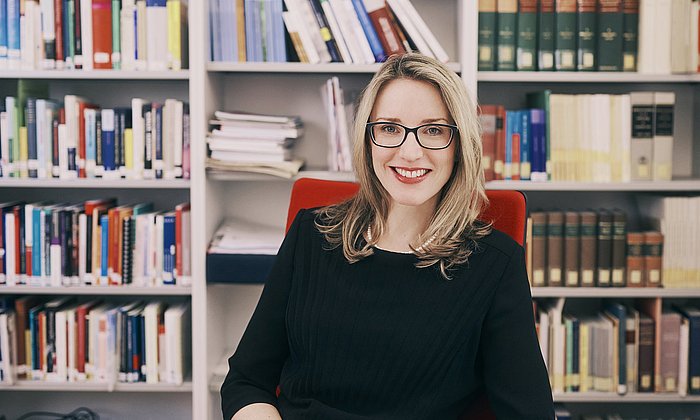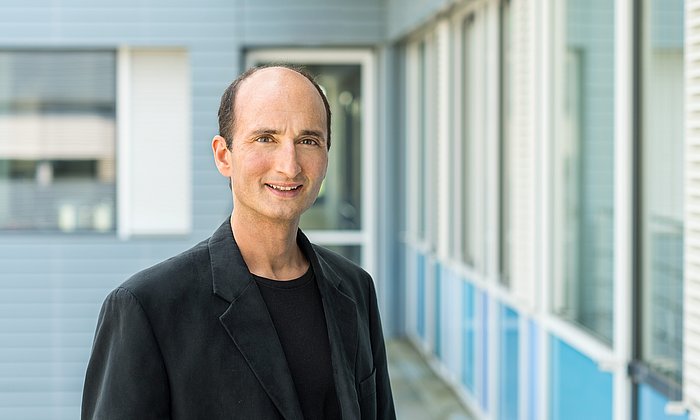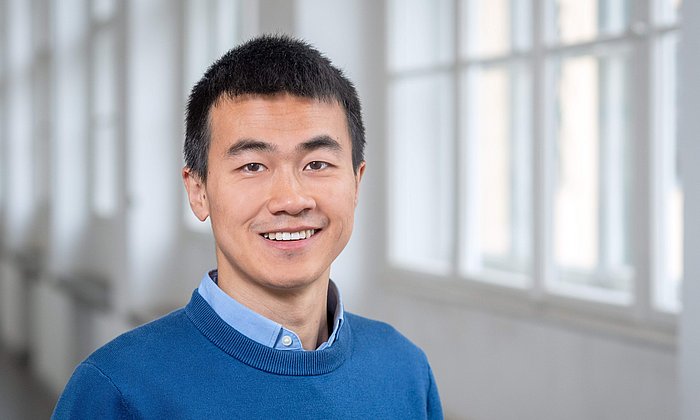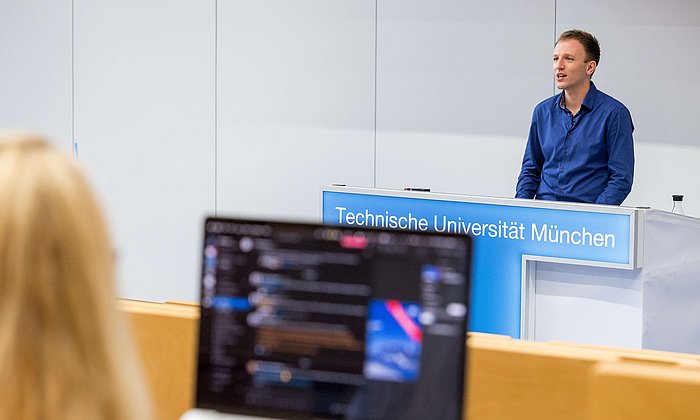NewIn: Stephan Krusche
AI-supported studying
Since the rise of language models like ChatGPT, students have been using AI as a study aid – although the didactic benefits are at best questionable. “ChatGPT is being used as a tool, but not always in sensible ways, because it does not apply any pedagogical principles. So we wondered: How can we develop a system that is truly helpful to students?” Back in 2016, Stephan Krusche worked with his team to develop the learning platform Artemis. It is intended to support independent learning and relieve the teaching staff by providing automatic feedback to solutions the students submit. The team extended the platform with the addition of the AI-supported chatbot Iris in 2023. “For example, when students get stuck on assigned problems, they can ask questions on the platform. Instead of just spitting out the solution, we offer hints, explain error messages and point the way to the next step. In this way, we want students to make progress in their learning process instead of skipping steps and simply copying and pasting the solution.”
Research with real-world relevance
Stephan Krusche takes a hands-on approach in his research: Rather than merely publishing scientific papers, he wants to develop technologies with direct applications in teaching. “Instead of conducting lab experiments, we take our technologies into the lecture hall where we have thousands of students. Our goal is to create genuine added value while making a contribution to society.” Stephan Krusche was already at TUM during his doctoral and post-doctoral studies. In 2021 he took on the interim professorship for software engineering at TUM Campus Heilbronn. In 2023 he returned to Munich and since then has headed the professorship of Applied Education Technologies at the TUM School of Computation, Information and Technology.
Diversity as a success factor
Alongside his research projects, Stephan Krusche is working to expand the role of women in informatics. “We urgently need more women in this field. Their perspective is extremely important for research. Otherwise AI models will be biased and not sufficiently reflective of certain aspects relevant to women. Many women want a career where they will have an impact on society. But they do not see informatics as an option, although nothing functions without IT nowadays.” To get more young women excited about informatics, Stephan Krusche believes that efforts need to start early. Through school visits he hopes to use a games-based approach to familiarize young girls with IT-related concepts. He is also working on ways to support elementary school teachers in boosting the presence of informatics in the classroom.
Technical University of Munich
Corporate Communications Center
- Julia Rinner
- presse@tum.de
- Teamwebsite
Contacts to this article:
Prof. Dr. Stephan Krusche
Technical University of Munich (TUM)
Professorship of Applied Education Technologies
krusche@tum.de





